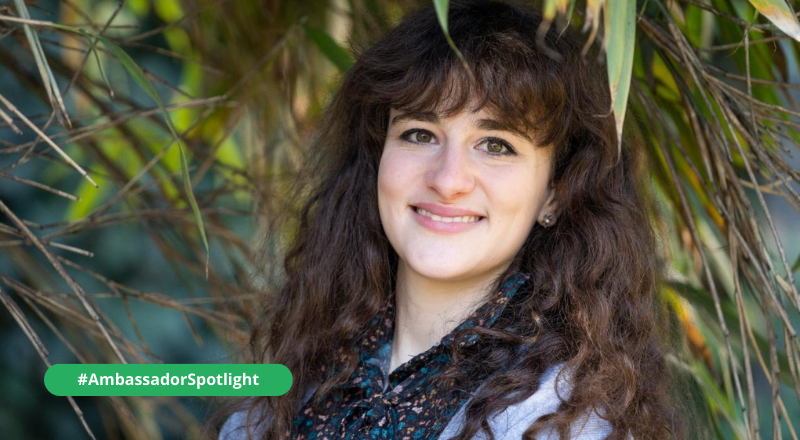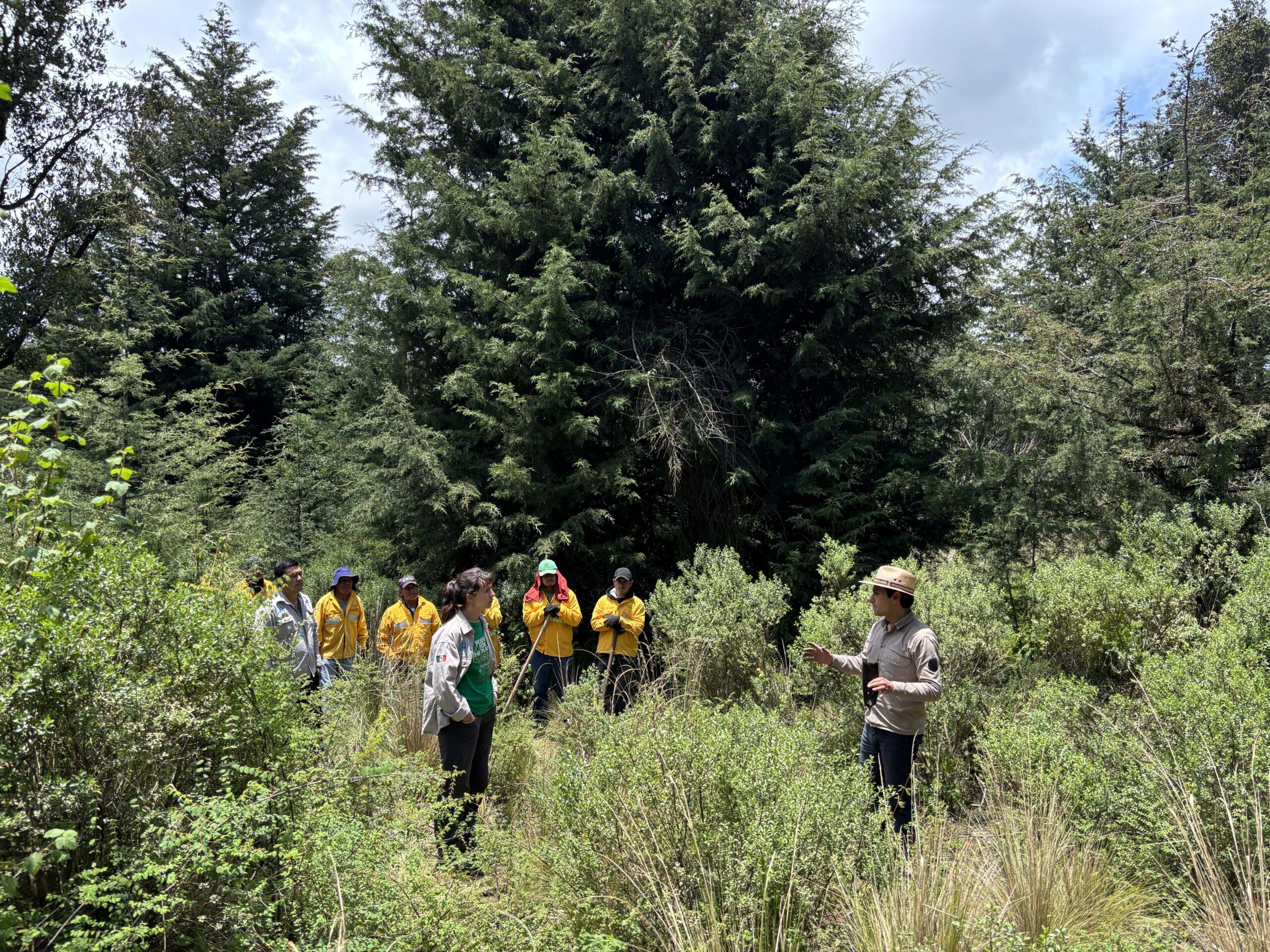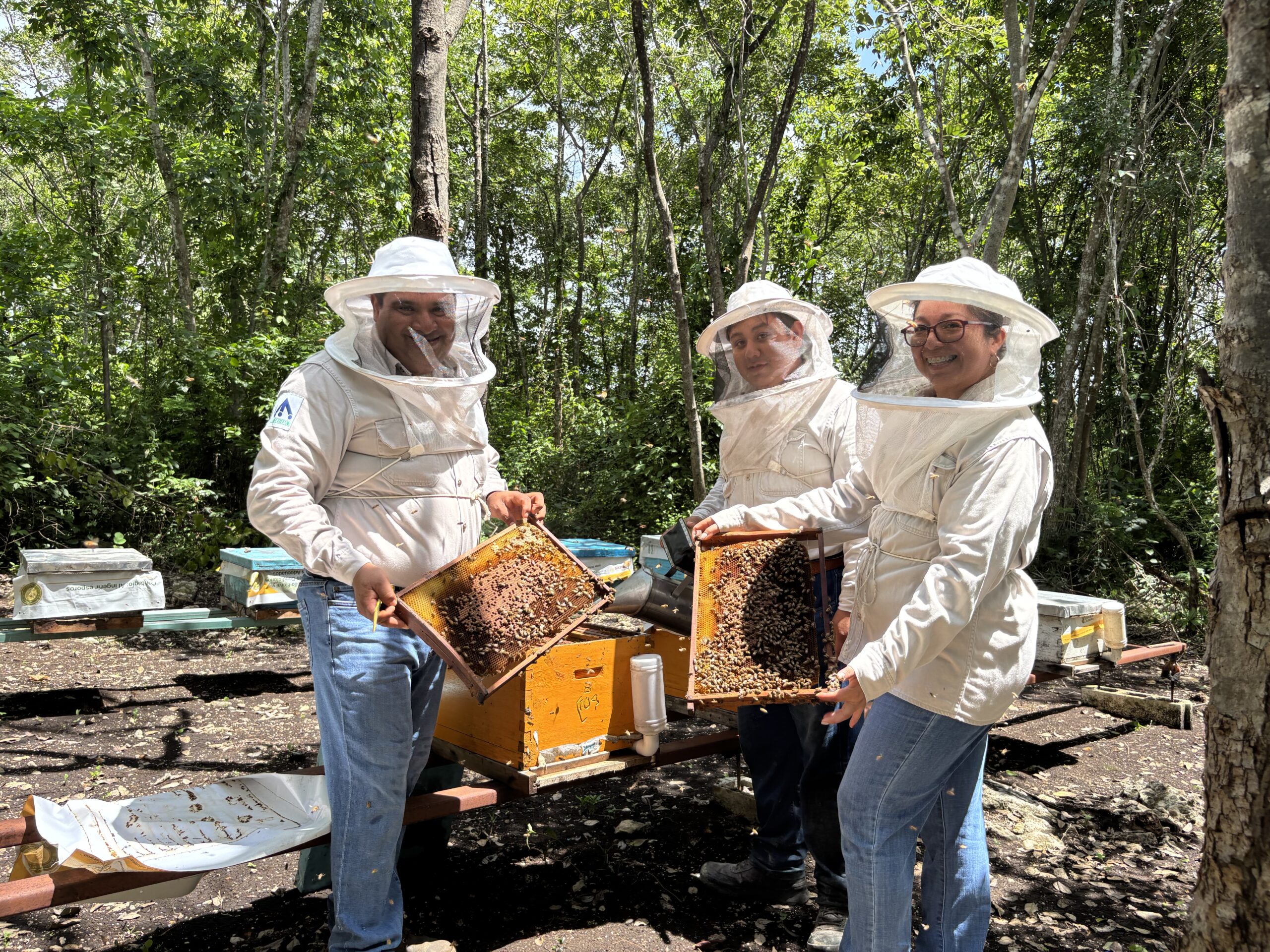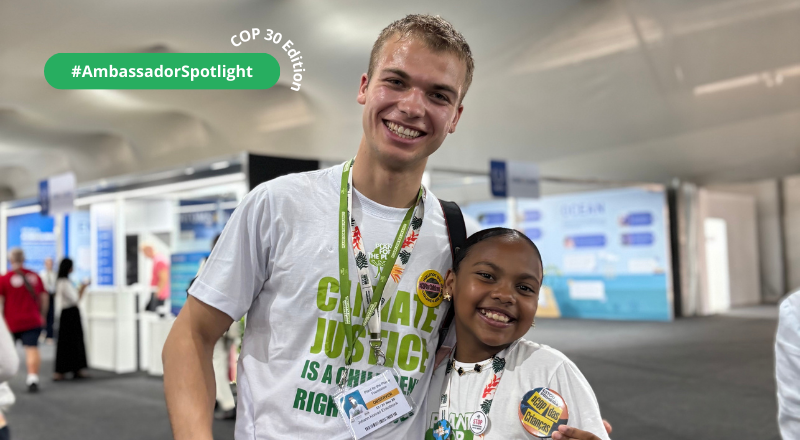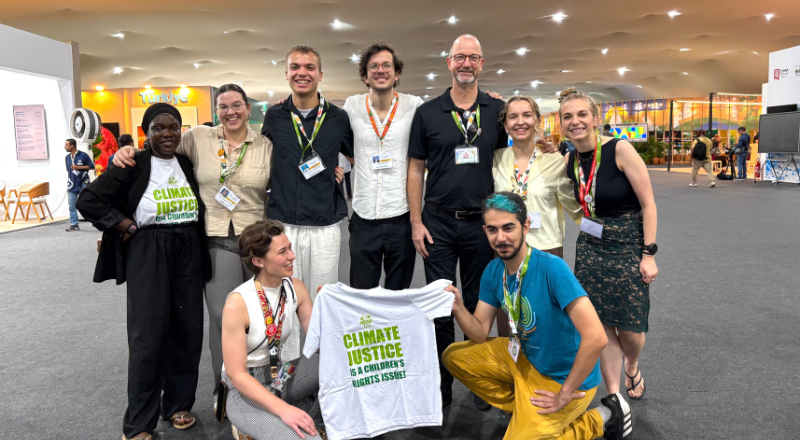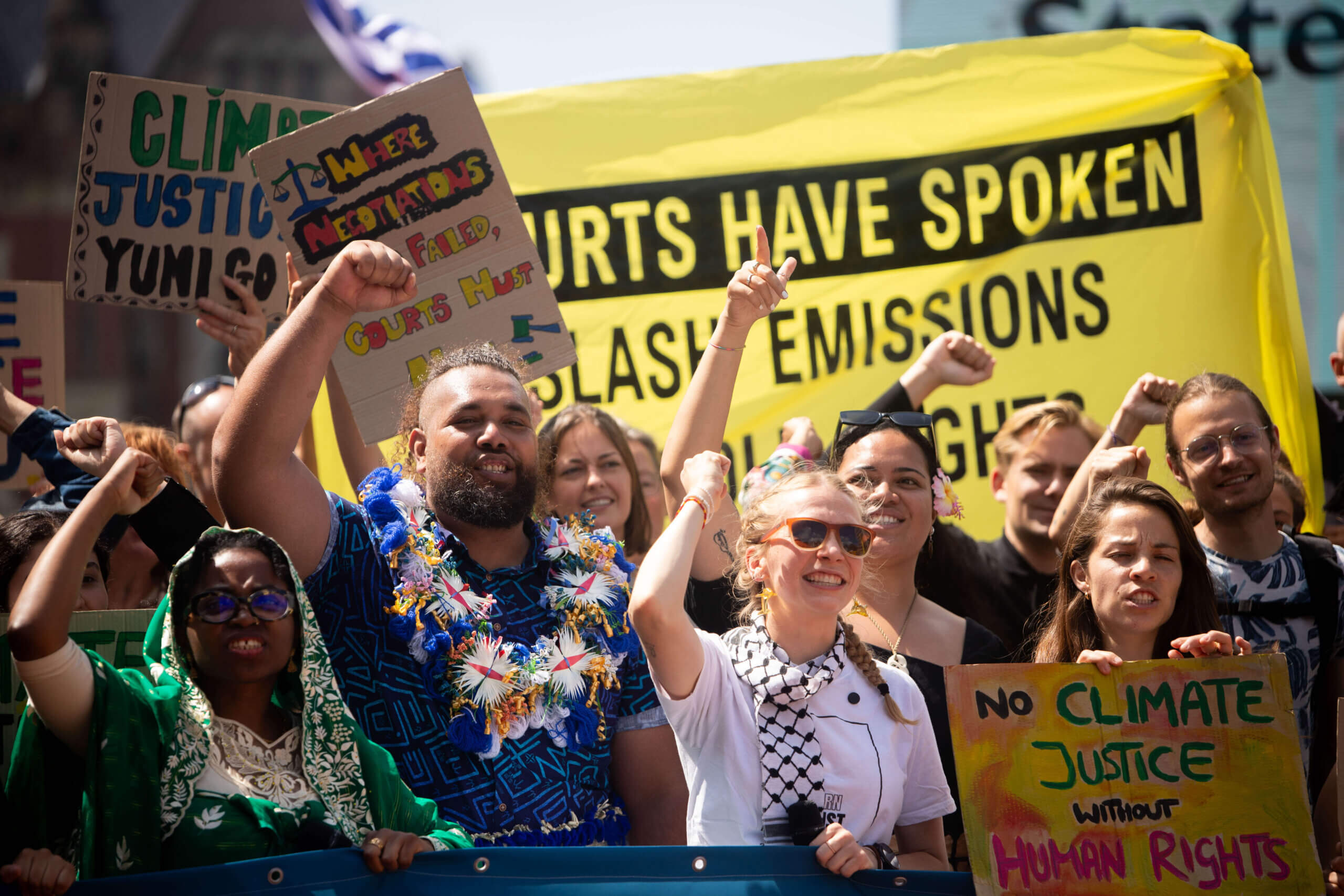
I’m Jule, and I have been a Climate Justice Ambassador since the age of 11. It was at one of the annual children’s conferences that I heard Plant-for-the-Planet staff speak about working with lawyers who helped them grow the network of organizations worldwide. Law and climate action in my mind had always been connected. Soon after, I joined the campaign “We want to Vote” that was advocating for children’s right to vote before 18.
Discovering Law as a Tool for Climate Justice
The worsening effects of the climate crisis around the world, and the apparent inability of young people to get their governments to take meaningful action against the climate crisis through peaceful protests, drove me to look for ways that young people could use the law to hold governments accountable.
In 2019, my close friend Aoife Fleming called me, who was the Dutch UN Youth Delegate on Sustainable Development at the time. She told me about her meeting with Solomon Yeo, from the Pacific Island Students Fighting Climate Change (PISFCC), and that he was looking for global support to build a campaign to take the world’s biggest problem to the world’s highest court.
We started working on this, which seemed like an audaciously ambitious dream at the time. Friends were mobilized, regional fronts were established across the world, and countless hours were spent mapping, marching, strategizing, researching, writing, re-writing, drafting, and re-drafting.
I have so much appreciation for our colleagues from the Asian Front, the African Front, the Latin-American Front, the Caribbean Front, and the European Front for the work they put in on a regional level to get governments in capitals far removed from The Hague to talk about the climate case. They have engaged with legal drafting teams, held public events, translated publications, and drafted their own legal and policy briefs.
And of course, a special appreciation to our friends from the PISFCC and Pacific civil society organizations, who have domestically and regionally demonstrated how people’s stories, culture and conviction can transform into power that can change the world in unparalleled ways.
Young People Can Influence the World Court
People from the Global South called upon the World Court, the International Court of Justice in The Hague, to rule on state obligations in regards to climate change, and the Court responded.
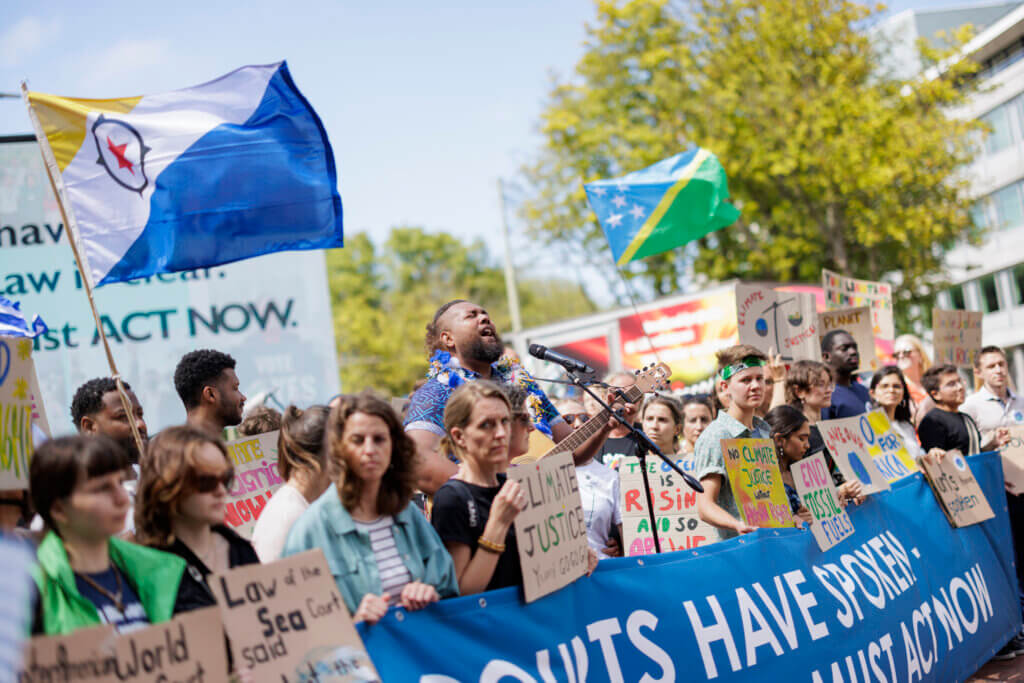
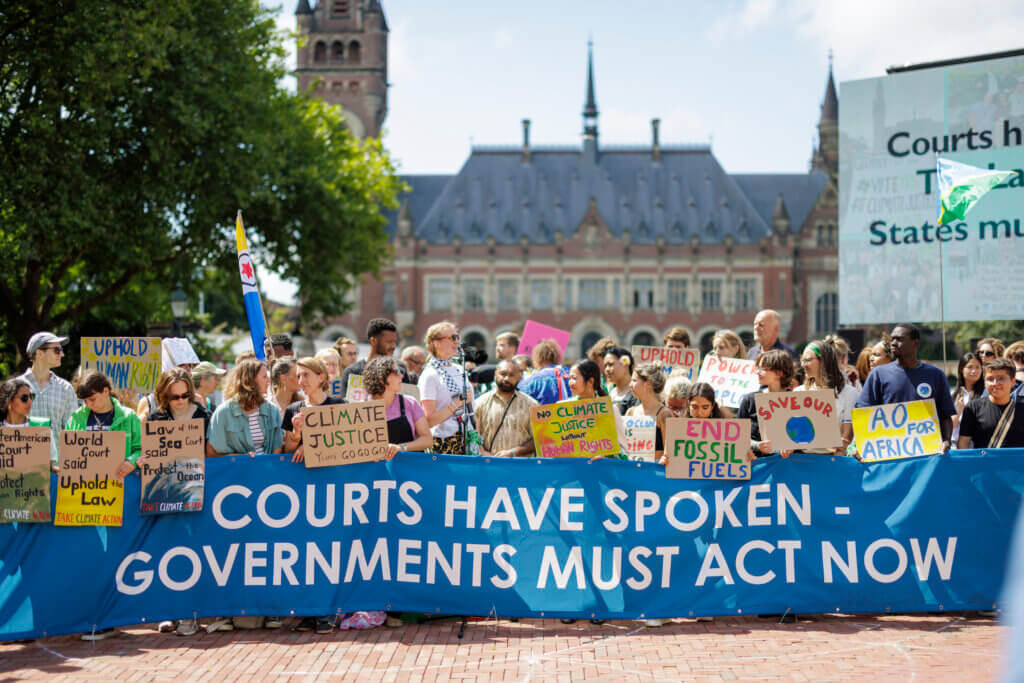
The Historic ICJ Ruling and What It Means
On 23 July, the court of 15 judges handed down a 120-page response to questions posed by the UN General Assembly in 2023.
The court’s findings are significant for several reasons:
- Largest case in history with unprecedented levels of state participation, in particular from African, Pacific, Caribbean, and Latin-American states. The court acknowledged that this speaks to the importance the issue has for states.
- The court affirmed that the best available science, as currently understood by the IPCC, confirms a high likelihood of serious harm to people and the planet with every fraction of a degree of global temperature increase.
- States are legally obliged to do their utmost to implement ambitious Nationally Determined Contributions (NDCs), which are capable of achieving the agreed 1.5 °C temperature target. If countries are found not to be employing their best effort, there can be legal consequences.
- Fossil Fuels got a big red card from the court: the court found that states had to prevent harm to other states by emissions.
- The court considered states responsible for the acts of private actors, including fossil fuel companies, which is highly relevant when considering accountability, legislative changes, and national policies relating, for example, to fossil fuel subsidies or exploration licenses.
Two particular findings are especially relevant for Plant-for-the-Planet’s work:
- The court specifically reiterated countries’ legal obligation to cooperate to better conserve and enhance carbon sinks and reservoirs.
- The court outlined ecosystem restoration as a potential measure for countries to meet their adaptation obligations, as well as a form of reparations for harmful acts by states.
The court further considered both the UN Convention to Combat Desertification and the UN Convention on Biological Diversity, relevant to climate change. This amplifies the profile for those who have been advocating for the synergies under the different UN Conventions to ensure a coherent and harmonized, ambitious, and fair implementation of commitments.
No Dream Too Big: Youth Action in a Changing World
The court’s ruling paves the way for much-needed accountability for climate harms.
This journey to the court has been long, with ups and downs for the many people who have been involved. This journey also shows that there truly are no limits for you if you believe in a shared dream, and that no young person is too small or too young to make things happen. Thanks to all those who have supported me throughout and to Plant-for-the-Planet, who have sown the seed for this form of legal advocacy.
You can read an initial summary of the ICJ ruling by my friends and colleagues from WYCJ, PISFCC, and CIEL here. If you want to read more about the official statement of Plant-for-the-Planet, you can find it here.
